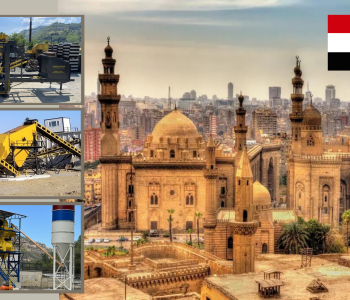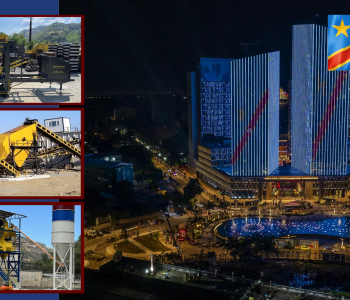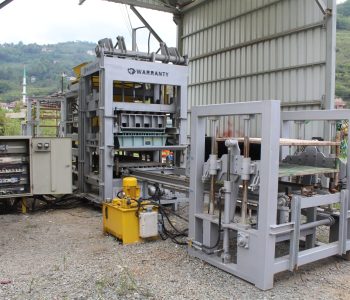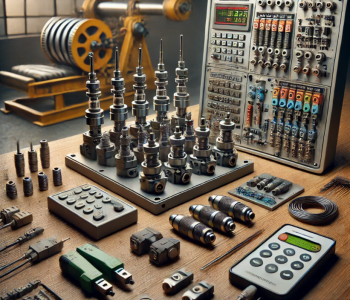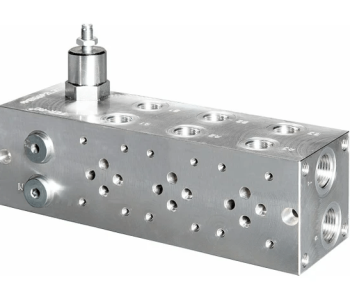Maputo: A Dynamic Hub of Growth and Development
Maputo, the vibrant capital of Mozambique, is a city where history and modernity converge. Formerly known as Lourenço Marques during Portuguese colonial rule, Maputo was renamed in 1976, shortly after Mozambique gained independence. This transition marked the beginning of a new era for the city, which today is a bustling metropolis on the southern coast of the Indian Ocean.
The city’s rich colonial past is reflected in its distinctive architecture and cultural heritage, while its post-independence history highlights a period of significant transformation and growth. Maputo has evolved into a key economic and cultural hub, with ongoing investments in infrastructure and development projects aimed at modernizing the city and improving the quality of life for its residents.
In recent years, Maputo has seen substantial growth, driven by ambitious infrastructure projects and economic development initiatives. The city has been actively expanding its transportation networks, enhancing public services, and supporting new residential and commercial ventures. These developments are not only reshaping the urban landscape but also positioning Maputo as a crucial player in the regional economy.
The Construction Sector in Maputo
As Maputo continues to grow and modernize, the construction sector plays a pivotal role in shaping the city’s development. The ongoing urbanization and infrastructure projects are driving demand for a variety of construction machinery, reflecting the sector’s dynamic nature. The city’s development includes residential, commercial, and industrial projects, all of which require specialized equipment to meet increasing demands.
Common Construction Machinery in Maputo
Concrete Block Machines are essential in the construction industry for producing various types of concrete blocks used in building structures. In Maputo, these machines produce:
- Standard Concrete Blocks: Versatile and widely used in various structural applications.
- Hollow Blocks: Light-weight with excellent insulation properties, commonly used in walls and partitions.
- Interlocking Blocks: Designed to fit together without mortar, speeding up construction processes.
- Paving Blocks: Durable and aesthetically pleasing, ideal for pavements and driveways.
Concrete Batching Plants are crucial for producing large quantities of concrete. They come in two main types:
- Stationary Batching Plants: Fixed at a specific location, these plants are suitable for large-scale projects, providing consistent quality and high production capacity.
- Mobile Batching Plants: Portable and relocatable, these are ideal for smaller or remote projects, offering flexibility and convenience.
Crusher Plants are used to break down large rocks and materials into smaller sizes for construction use. They include:
- Mobile Crusher Plants: Versatile and movable, these plants are useful for projects with varying site conditions or where on-site material processing is needed.
- Stationary Crusher Plants: Fixed at a location, these handle larger volumes of material and are used in extensive, long-term projects.
Within these plants, different types of crushers are employed:
- Jaw Crushers: Utilize compressive force to crush materials, ideal for primary crushing tasks and handling a variety of materials.
- Cone Crushers: Use a rotating cone to crush materials, efficient for secondary and tertiary crushing, and handling harder materials.
- Impact Crushers: Use impact force to break materials, suitable for producing sand and gravel from rocks.
- Vertical Shaft Impact (VSI) Crushers: Produce high-quality sand and fine aggregates, used in specialized applications requiring precise grading.
Conclusion
As Maputo evolves, the construction sector remains at the forefront of its growth. The diverse range of construction machinery and equipment available in the city supports its ambitious infrastructure projects and urban expansion. From concrete block machines to advanced crusher plants, the tools driving Maputo’s development are crucial for meeting the city’s growing demands. With a rich history and a forward-looking approach, Maputo continues to build a future that honors its past while embracing new opportunities for progress.
